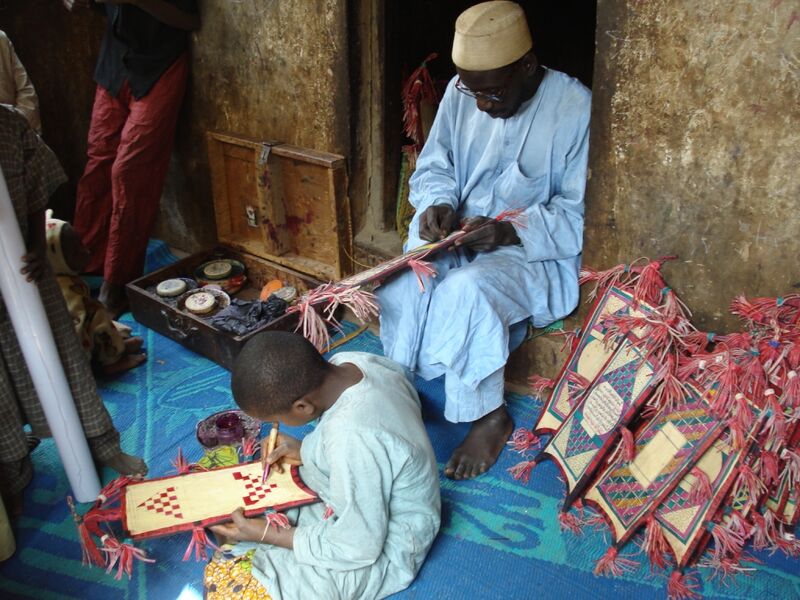Project Leaders: Andrea Brigaglia and Mauro Nobili
Africa has suffered, and still suffers, from many academic stereotypes. For a long time, it has been deprived of its past by the assumption that there was no history in Africa before the arrival of the Europeans. With the struggle for independence in the 1950s-1960s, historians – both local and foreign – undertook to return to Africa its past. However, they did it by developing an approach that was almost exclusively based on orality. During the last two decades, the (re-)discovery of thousands of manuscripts in different regions of the continent has compelled scholars to abandon the equation Africa = orality and legitimately assigned to the continent the status of a civilization of written literacy. This new interest is confirmed by recent publications such as the multi-volume encyclopaedic work The Arabic Literature of Africa (edited by John O. Hunwick et al., Leiden: Brill, 1995-).
Most of the existing studies mainly aim at serving literary and historical purposes, and focus only on the textual dimension of the manuscripts. However, the manuscript is not only ‘intellectual content’. In a recent essay in the collection The Trans-Saharan Book Trade: Manuscript Culture, Arabic Literacy and Intellectual History in Muslim Africa (edited by Graziano Krätli and Ghislaine Lydon, Leiden: Brill, 2011), Graziano Krätli refers to the “dual nature [of the manuscript]… container and content, medium and message, at one and the same time. This is represented by the difference between embodied and embedded knowledge, the former pertaining specifically to the content – the object of embodiment –, while the latter involves more intimately the container as a material, technological, economic and cultural object”.
Our project aimed to gather contributions on the different dimensions of the manuscript, i.e. the materials, the technologies, the practices and the communities involved in the production, commercialization, circulation, preservation and consumption.
The project led to hosting a conference in collaboration with the Tombouctou Manuscripts Project (UCT), the Centre for the Study of Manuscript Cultures (CSMC, Hamburg) and the French Consulate in Johannesburg (“The Arts and crafts of Literacy: Manuscript Cultures in Sub-Saharan Africa”, September 5th-6th, 2013). Many of the papers presented at the conference appear in a collection edited by Brigaglia and Nobili that appeared in August 2017 for De Gruyter (Berlin).
